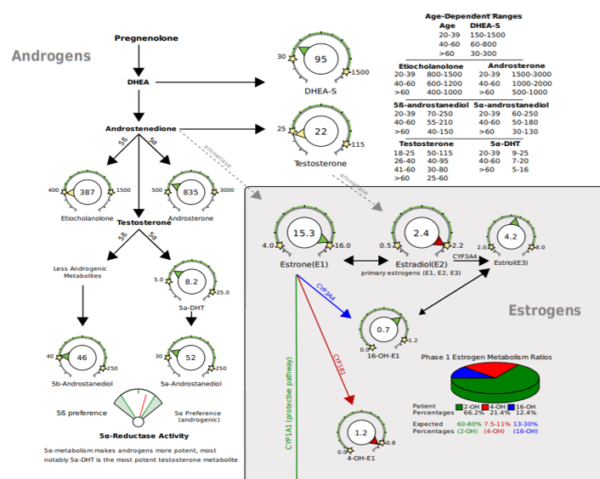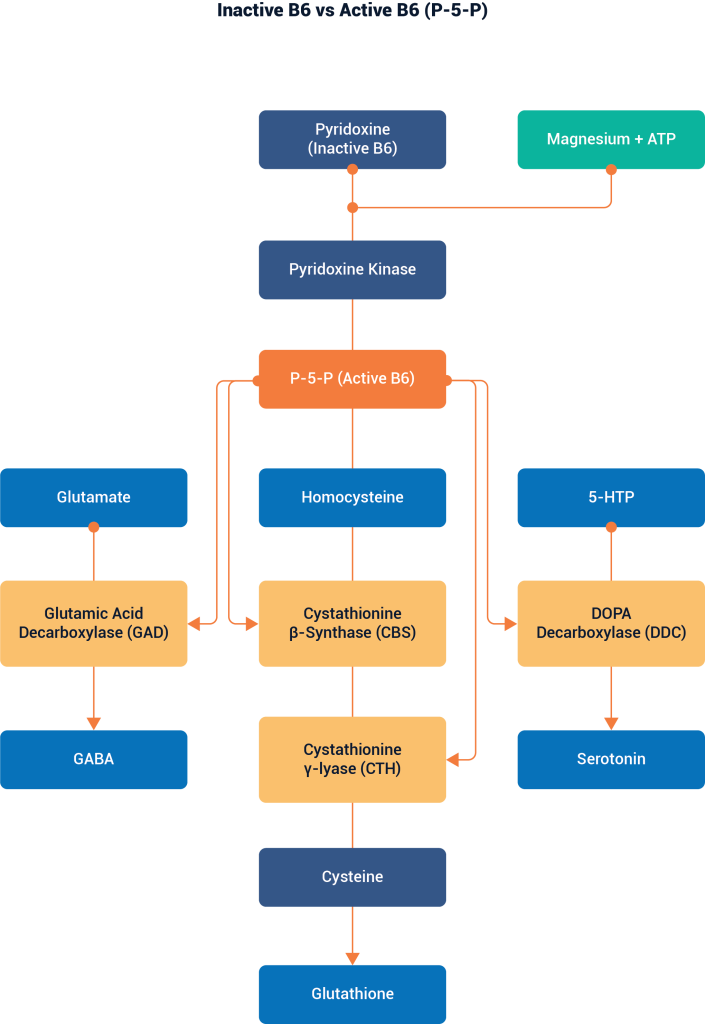|
A 75-year-old woman presented with both nerve pain and gastroenteritis with a long history of multiple health conditions. Here is an overview of her health history: 2008 • The patient developed myeloma and received treatment. 2009 • Shingles post-chemotherapy, resulting in nerve damage around the trigeminal area on the right side, affecting one eye (paralysis). 2015 • Experienced remission from 2009 – 2015, but cancer cells were detected again in 2015. 2019 • Osteoporosis diagnosed. Current treatments include: • Pamidronate every 12 weeks, Previous medications have included: • Lenalidomide, |
| Treatment
March 2020 The patient experienced nerve pain on the left side of the head, around the area of the BCC. Oncologist ruled out multiple myeloma skull lesion involvement on the 17th of March. On the 24th of March, the patient started 300mg PEA (Palmitoylethanolamide), containing 200mg lecithin, morning and night. There was some improvement initially but then intermittent pain increased again. April 2020 The dose of PEA was increased to 600mg morning and night. The pain was significantly reduced within 48 hours, but by the 4th of April, the patient was experiencing severe diarrhoea, which seemed to be related to PEA dosing. She reduced the dose to 300mg due to gastrointestinal upset but the cranial pain intensity increased again when the dose was lowered. On the 8th of April, the patient was prescribed RN Labs Micronised PEA, at a dose of 600mg morning and night. On the 9th of April, there was only occasional pain with increased sensitivity in the evening. The patient continued this dose for the following two weeks without experiencing any exacerbated gastrointestinal symptoms. However, on the 14th of April, she reported forgetting one dose and the significant pain returning again during the night. Over the next week, she continued seeing improvements with occasional bouts of mild pain. She noted there was no further diarrhoea, like that experienced on the other form of PEA. Ten days after starting the RN Labs Micronised PEA, the cranial pain was described as only a mild sensitivity to touch in the evenings. Against instructions from the practitioner and citing personal financial concerns, the patient reduced the dose to 450mg, morning and night, after two weeks of no pain on 600mg twice per day of RN Labs Micronised PEA. June 2020 The sensitivity began to return again and the patient began the full dose of 600mg morning and night once again. By 5 June 2020, after taking RN Labs Micronised PEA at variable doses between 600-1200mg per day for 10 weeks, the patient had reported no gastrointestinal symptoms. In fact, she reports significant improvement in chronic colitis pain and diarrhoea. She reports halving the dose again to 300mg morning and night and experiencing the return of the neuropathic cranial pain within a few days. Overview Positive results were noted for cranial nerve pain within 48 hours. Complete resolution of cranial pain was reported after two weeks on a dose of 600mg morning and night. Reduction in GIT inflammation and diarrhoea was noted after 10 weeks of treatment. |
| Outcome
The complete resolution of cranial nerve pain occurred while remaining on the prescribed dose of 600mg, morning and night of RN Labs Micronised PEA. The patient also experienced significant improvement of colonic inflammation and chronic diarrhoea after 10 weeks of treatment. The patient is extremely surprised by the improvement in bowel motions and symptoms. Such a marked improvement in gut health has not been experienced by the patient since the chemotherapy treatment in 2008 and Lenolidamide treatment, in spite of seeing slow improvements with the use of pre and probiotics. Because of the initial worsening of diarrhoea on PEA with excipient, the patient had been nervous about staying on a high dose long term. She now believes the RN Labs Micronised PEA has actually increased the healing of her gastrointestinal tract. Her oncologist had diagnosed her with gastroenteritis in October 2018, which had resulted in the discontinuation of the chemotherapy agents due to this being a common side effect. Other myeloma patients had gone on to develop bowel cancer following these treatments. |




